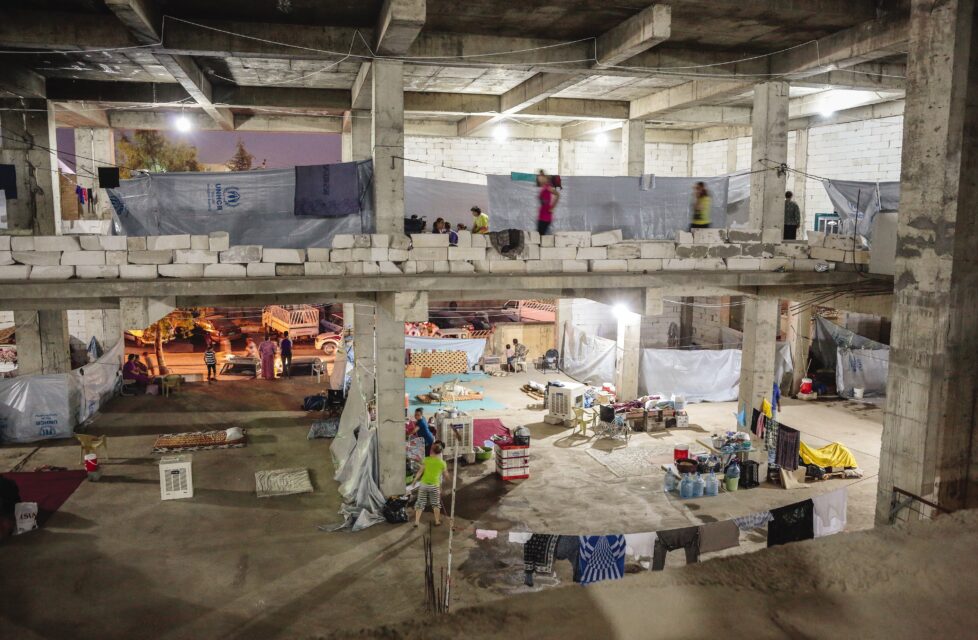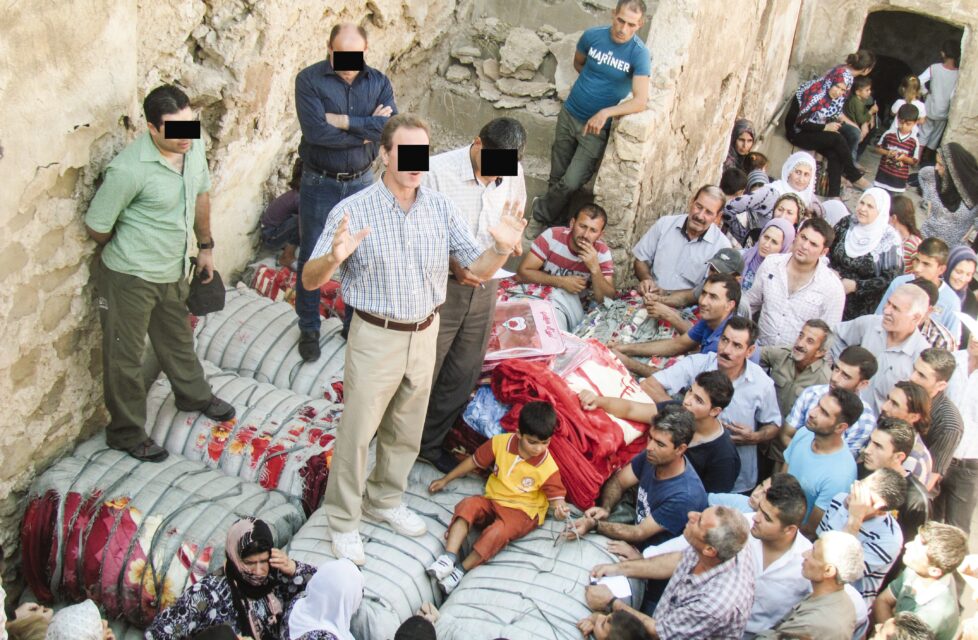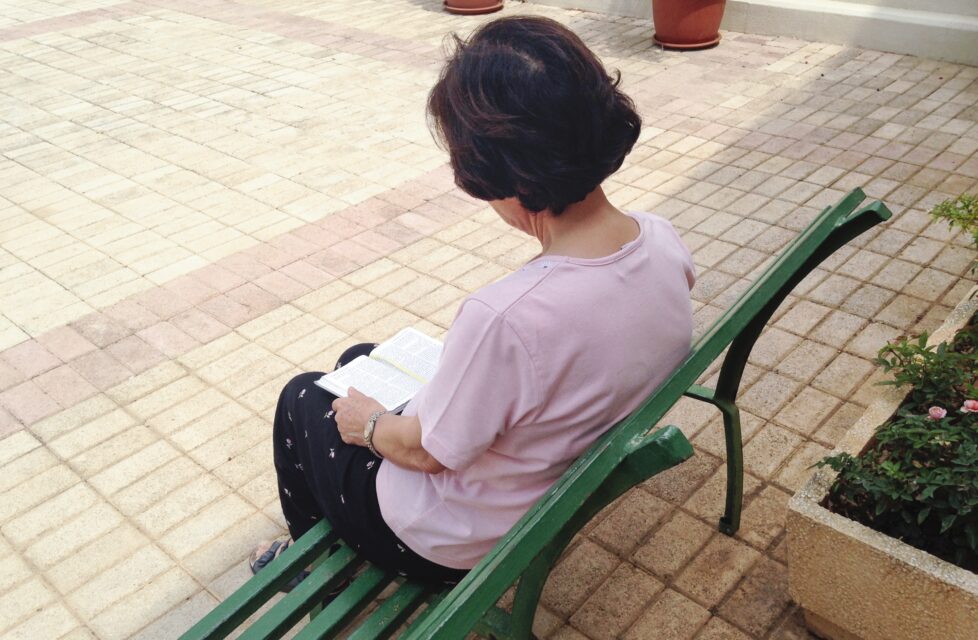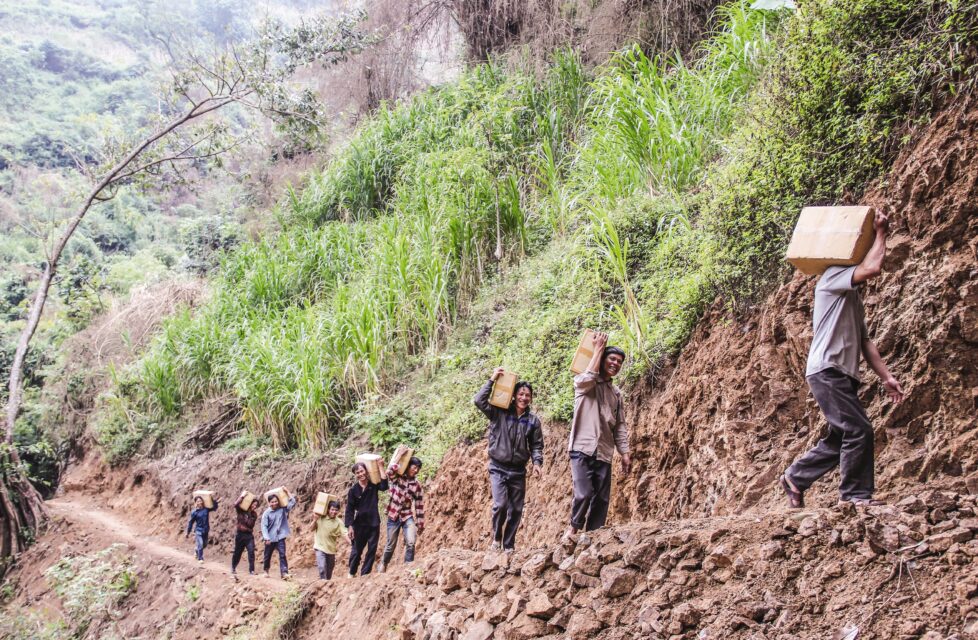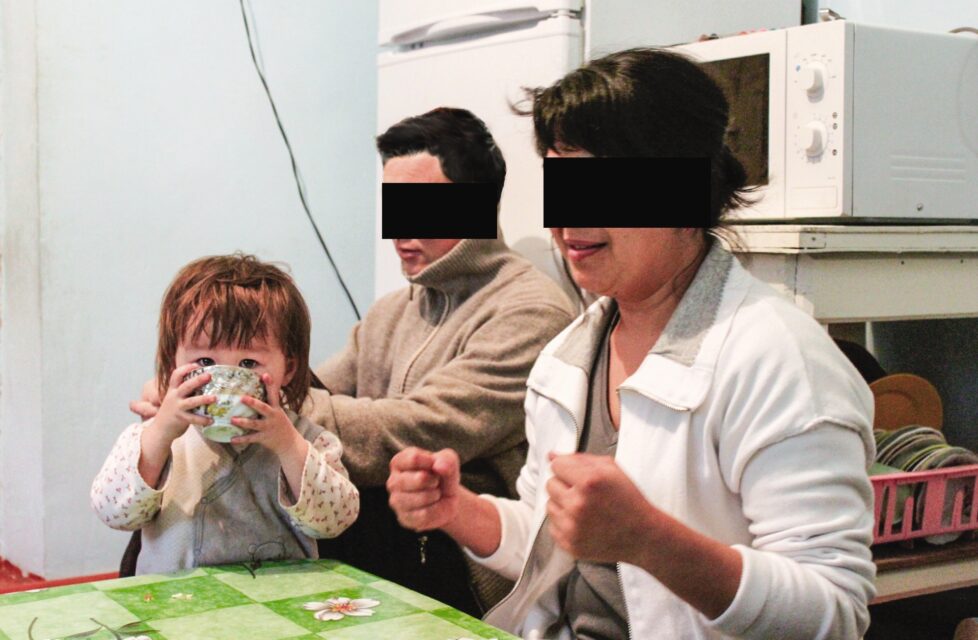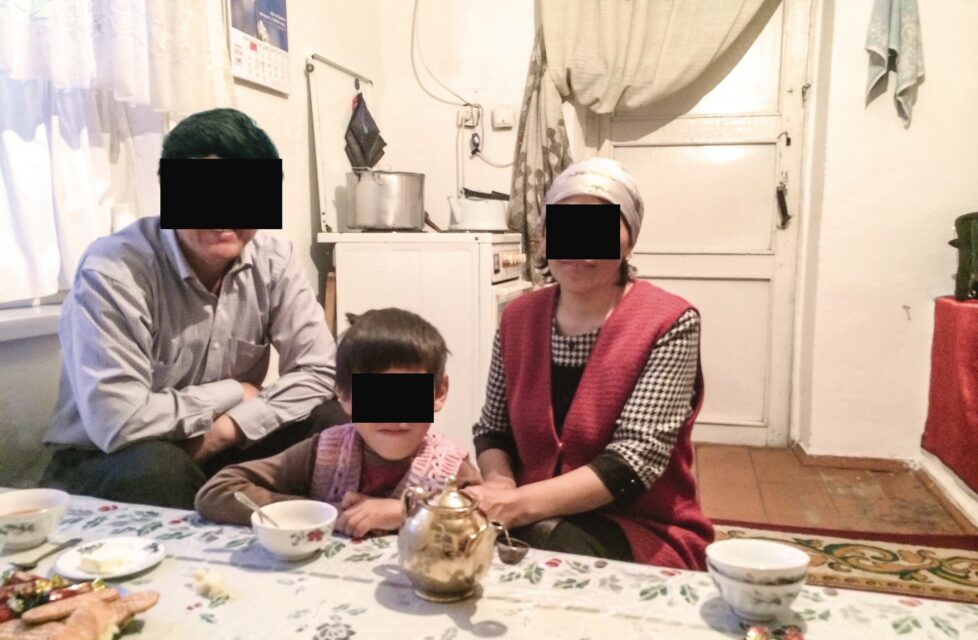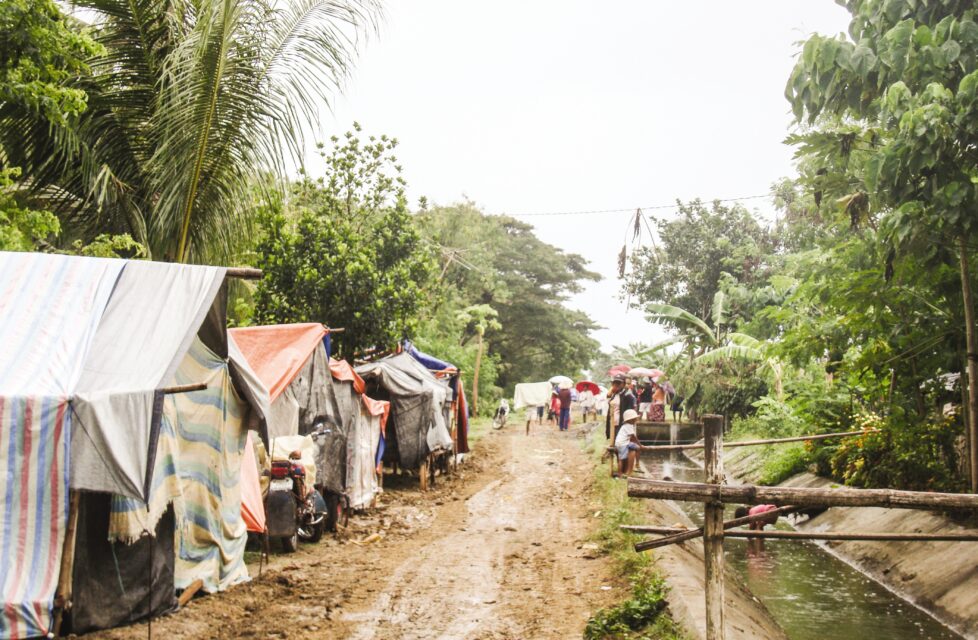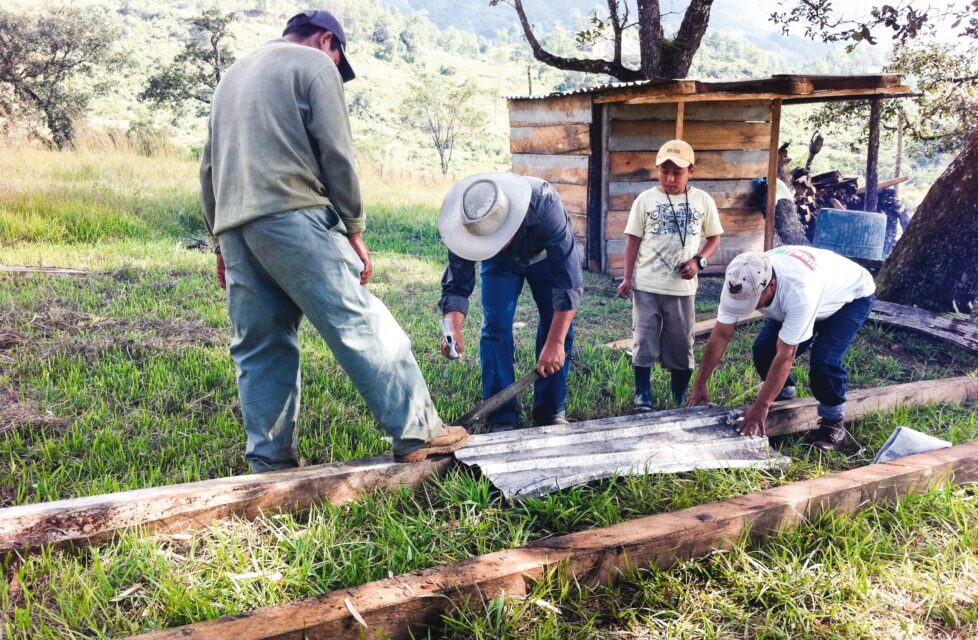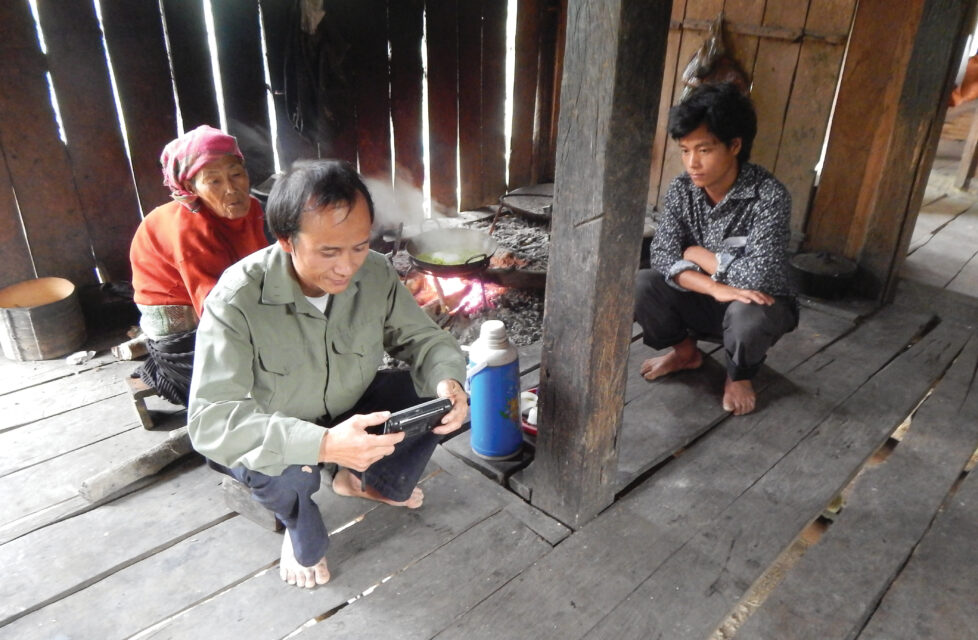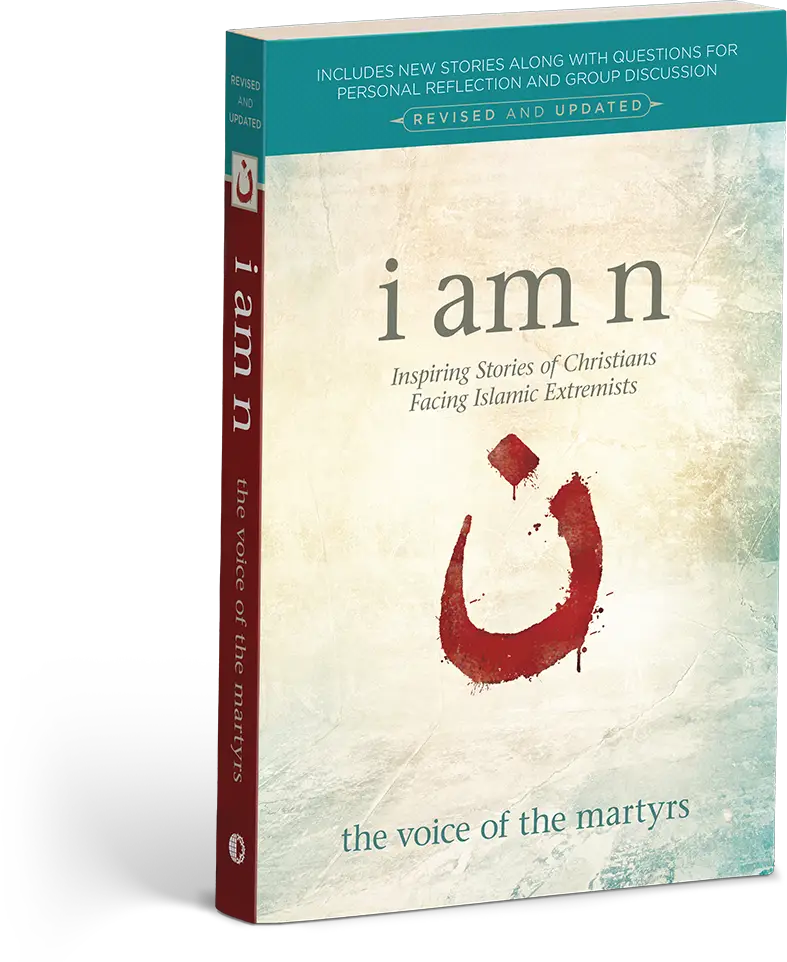In 2014, the world was reminded of the threat posed by Islamic extremists when the Islamic State (ISIS) terrorist group overtook Iraq’s second largest city, Mosul, in a matter of hours. Within a few weeks, ISIS had also claimed areas surrounding Mosul — areas that have been historically home to Christian populations. The ISIS terrorists gave Christians a choice: they could convert to Islam, pay a high tax, leave or be killed. Most Christians fled the area within days. When ISIS declared a caliphate over regions of Syria and Iraq, Boko Haram declared its own caliphate in Nigeria after seizing the mostly-Christian city of Gwoza on Aug. 24, 2014. Between 2010 and 2014, an estimated 11,500 Christians were killed, 3,500 injured and thousands more displaced as Boko Haram has advanced through Borno, Yobe and Adamawa states in northern Nigeria. Throughout this time, VOM has worked to meet the needs of injured and displaced Nigerian Christians. After each attack, medical workers are dispatched to document the needs of the injured and help get them the best possible medical care. One Nigerian Christian we helped in 2014 is John Yakubu. After surviving multiple attacks by Boko Haram in the Gwoza area of
Read MoreRebekah and her family climbed into the small vehicle that VOM had given her two years earlier after her husband was martyred for his Christian witness. Under cover of darkness, the family turned their backs on their home and began driving up the road to Kurdistan. Thousands of others had fled along that same road, many walking for 10 to 14 hours to escape the horrors of the Islamist militia known as the Islamic State (ISIS). After capturing the city of Mosul, Iraq, in June 2014, the militants gave all Christians until July 19 to convert to Islam, pay a high tax, leave the city or be killed. Thousands chose to flee, leaving everything they owned behind. Along the way, families encountered roadblock after roadblock of ISIS soldiers guarding their recently conquered territory. The soldiers robbed them of everything, taking wedding rings and ripping passports in half before the horrified owners’ eyes. In some cases, soldiers told people to strip, and then robbed them of even their clothing. Flight from Mosul By God’s grace, Rebekah’s family made the journey safely. They had fled to Erbil, in Kurdistan, a semi-autonomous region of Iraq that ISIS had not yet penetrated. But Rebekah
Read MoreBeginning in 2011, Islamist groups like the Islamic State (ISIS) and al-Nusra Front have been fighting Syrian government forces for control of the country. Christian villages have been overrun and church leaders forced out, leaving Christians without a shepherd. One church leader who was kidnapped and held hostage by the militants had his beard skinned off by his captors. Some have paid the ultimate price. Despite these horrors and the possibility of repeat attacks, some Christians have chosen to return to their villages. They view it as a special opportunity to reach fellow Syrians for Christ and encourage believers who remain in their village. Destroyed Buildings, Unbroken Body Our field workers received a firsthand account of a Syrian village that was overrun by al-Nusra in 2014. Militants entered the church buildings and destroyed everything in sight. They burned Bibles, hymnals and prayer books and vandalized a painting of John the Baptist in one church. They placed sandbags in the windows, tore down crosses on the steeples and used the churches as sniper positions. They pushed pews together to use as beds and destroyed large church bells that have been in the churches for hundreds of years. The Muslim militants believe
Read MoreNaomi glanced at her daughter, Ruth. She was scared, exhausted and thought they were about to be killed. “Convert to Islam or you will die!” one of their kidnappers shouted at them. Masked men carrying assault weapons had abducted Naomi and Ruth from their home in the middle of the night. Judging by the brutality of their abductors, Naomi was sure they were members of Boko Haram, a militant Muslim group trying to take over territory in northern Nigeria and expel all Christians. Boko Haram wants to create a pure Islamic state based on ultra-strict principles. They have attacked government institutions and even mosques that they deemed too liberal. Many Nigerian Muslims don’t meet their standards. Naomi knew that Christians were a primary target of Boko Haram, and she’d heard repeated stories of how they had entered Christian villages and killed everyone. She was afraid that she and Ruth were next. The kidnappers had marched them for hours through the bush until they reached their camp. Then they had raped both Naomi and Ruth. Now their kidnappers were demanding that they convert to Islam. Naomi knew they were serious about killing them. When she and Ruth were taken, she saw
Read MoreNot a single Christian lived among the 30 families in a remote village in Southeast Asia. So when an evangelist arrived one day to share the gospel, many were eager to hear what he had to say. Police took notice as well. Twenty villagers responded to the evangelist’s message and committed their lives to Christ. They soon made their new faith public and were baptized in a river near their village. For them, there was no turning back to their previous ways. The new Christians began meeting in the home of one of the believers, and they received Bibles printed in their native language. They were also given a few hymnals so they could sing worship songs together. A small wooden structure with a corrugated metal roof became the first house church to exist in their village, and authorities were not pleased. “Police do not like it when Christianity spreads to a village that had no Christians before,” a Christian worker in Southeast Asia said. The nearest Christian outside the village lives 10 kilometers [roughly six miles] away. Less than two months after these villagers placed their faith in Christ, police interrupted a Sunday service and confiscated all 16 Bibles
Read More“My family told me that I had dishonored and shamed the family so badly that they would rather I had become a prostitute. Shortly after this, my brother was murdered. My family and the Muslim leaders said it happened because I cursed the family by accepting Christ, so they beat me.” Miriam was the most devout Muslim in her family until she met Jesus. And as soon as she began following Him, her family began to harass and pressure her. Though no one in her family was very devout, they felt that Miriam had abandoned their Central Asian cultural identity and brought shame on the family. “Don’t follow that Russian god,” they scolded. “We are Muslims!” But God’s love and forgiveness had won her heart. Marry a Muslim to “Fix the Problem” Miriam’s family was eager for her to marry, hoping that a Muslim husband would “fix the problem.” They suggested various men, but Miriam turned them all down because they were Muslims. She knew it was biblically wrong for her to marry an unbeliever, and she also knew how Muslim men treated their wives in her country. In one incident, the Muslim husband of a recent Christian convert called
Read MoreNight after night for three years, Jamil endured the same abuse. Different groups of men — leaders of a local Islamist group — came to his home and took turns beating him. They punched him, slapped him and kicked him, their hatred inflamed by drunkenness. In their eyes, he was a kafir, or infidel, in his small Central Asian village, and he was leading others away from Islam. In Jamil’s country, you had to be Muslim in order to truly belong, and to these drunkards, Jamil no longer belonged. Jamil was raised in a moderate Muslim family, but his older brother adopted more radical beliefs while serving a prison sentence. Jamil’s curiosity was piqued by his brother’s views, so he began his own search for spiritual truth. During his studies, he met Christians who shared the gospel with him. Jamil knew he had found the one true God, and he turned his back on Islam for good. He immediately began sharing the gospel, leading his Islamist brother to Christ as well as three other siblings. He planted four house churches before his church sent him as a missionary to a village composed entirely of Muslims. Jamil shared the gospel as
Read MoreAt 10 p.m., Ruth awoke with a start to the sound of nearby bombing. She and her family lived in a small village in central Mindanao, Philippines, an area where Muslim insurgents had been fighting Philippine government forces for decades. But in the 18 years they had lived there, Ruth had never heard fighting so close to their home. She and her husband, Armando, had moved to the village in 1990 to start a church, which over the years had grown to 20 families. Their village of about 800 households was evenly split between Muslims and Christians, but the Muslim rebels hoped to establish Muslim domination in Mindanao and drive out all Christians. That night in 2008, Ruth was terrified by the sound of the nearby fighting. She, Armando and their three children ran behind their house, searching their property for a place to hide. Seeing nothing better than the small footbridge that crossed a murky canal behind their house, they quickly crawled under it. They knew there were snakes in the water, but they chose the danger of the snakes over that of the Muslim rebels they could hear advancing on the village. The couple tried to keep the
Read MoreFeliciano had been ordered to appear at a community assembly so the other leaders could interrogate him about the new ideas he had been teaching in Avellanal, Chiapas. “You have changed your thinking!” they told him accusingly. “You are talking like an evangelical.” At 52, Feliciano Ruiz Cruz was content with his life. He had a good wife and eight children. He and his three oldest sons, all married, farmed their land and provided for the entire family. Feliciano was one of four lay leaders in his local traditionalist Catholic church. He was also a member of the leftist Zapatista rebel group and a respected member of his community. All that changed one day in April 2013. While reading the Bible, he was convicted by the Holy Spirit that his worship of idols was sinful. He realized that the idolatrous worship of saints and gods in his traditionalist church was wrong, and he soon began teaching others what he had learned. Others in the community began to take note, and his three co-leaders at the church asked him to appear at the Avellanal community assembly to answer their questions. The region around Avellanal was so opposed to evangelicals that 10
Read MoreAt 9 a.m. the beatings started again. Police officers dragged the two bruised evangelists out of the police station and into the village square, where a large crowd had gathered for the privilege of beating these “propagators of lies and rebellion.” As more than 100 people stepped forward to strike the evangelists, the two men remained silent. “Dog men!” jeered the watching crowd. The beating lasted for three hours. Boldly Sharing the Faith Hy and Tan are from northern Vietnam. The two men became believers in 1996 after hearing VOM-sponsored Christian radio programing by the Far East Broadcasting Company (FEBC). The new Christians dedicated themselves to sharing the gospel with the tribal people in their area, most of whom have animist beliefs. This area is difficult for new believers and evangelists. Believers face imprisonment at the hands of communist government officials and harassment from village leaders. Despite the obstacles, Hy and Tan regularly shared their faith. Within just two years, everyone in their village had become Christians. The two evangelists led a regular church service and continued to minister in new areas. Beaten for Evangelism One day, while leaving a village where they had been working, Hy and Tan were
Read More
